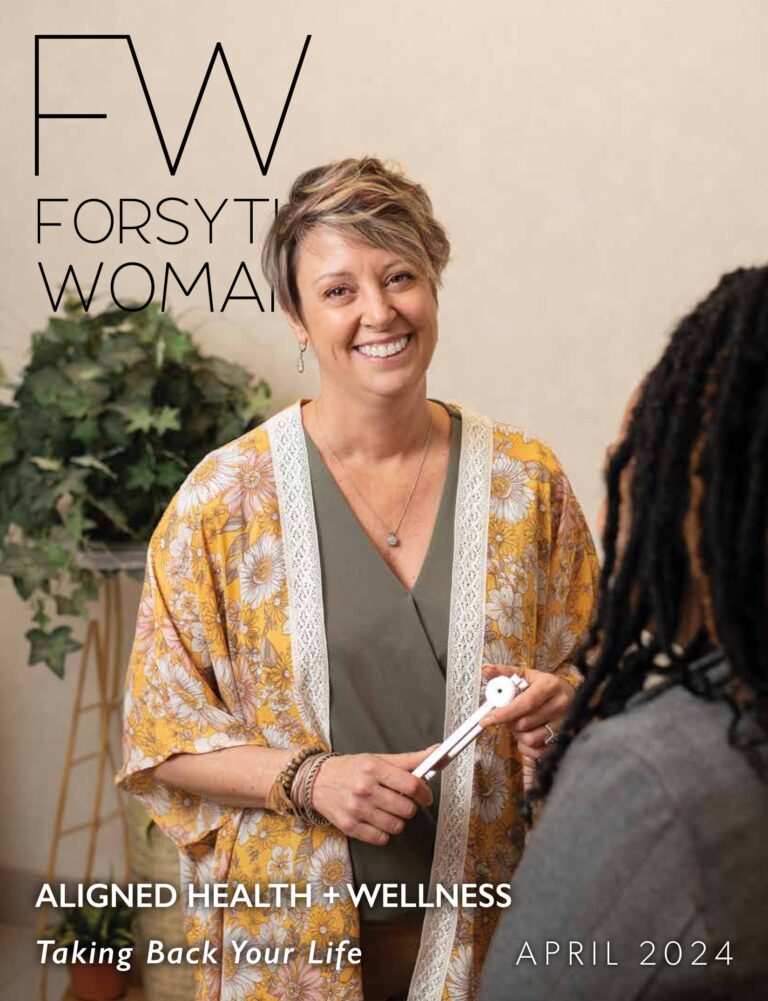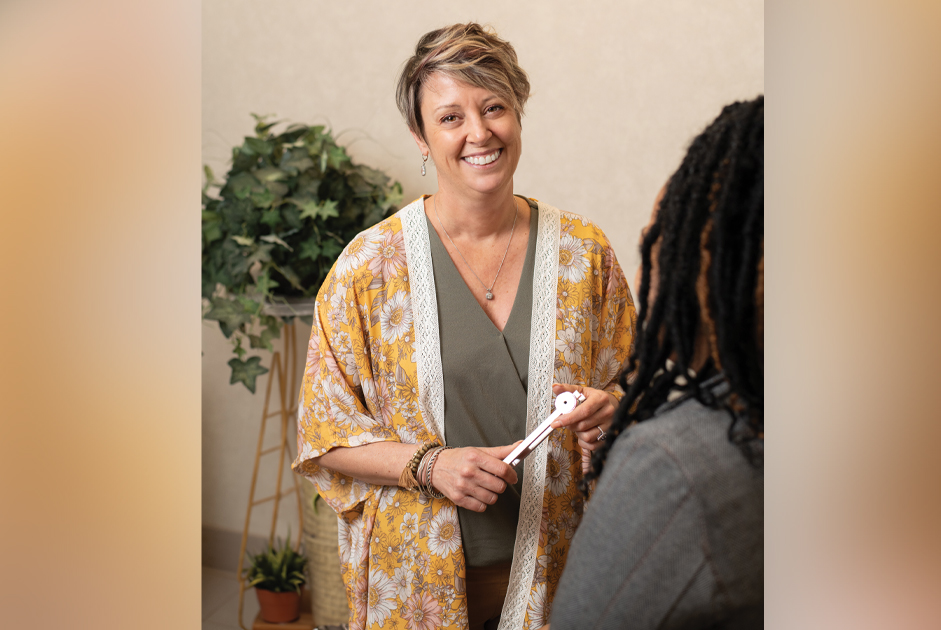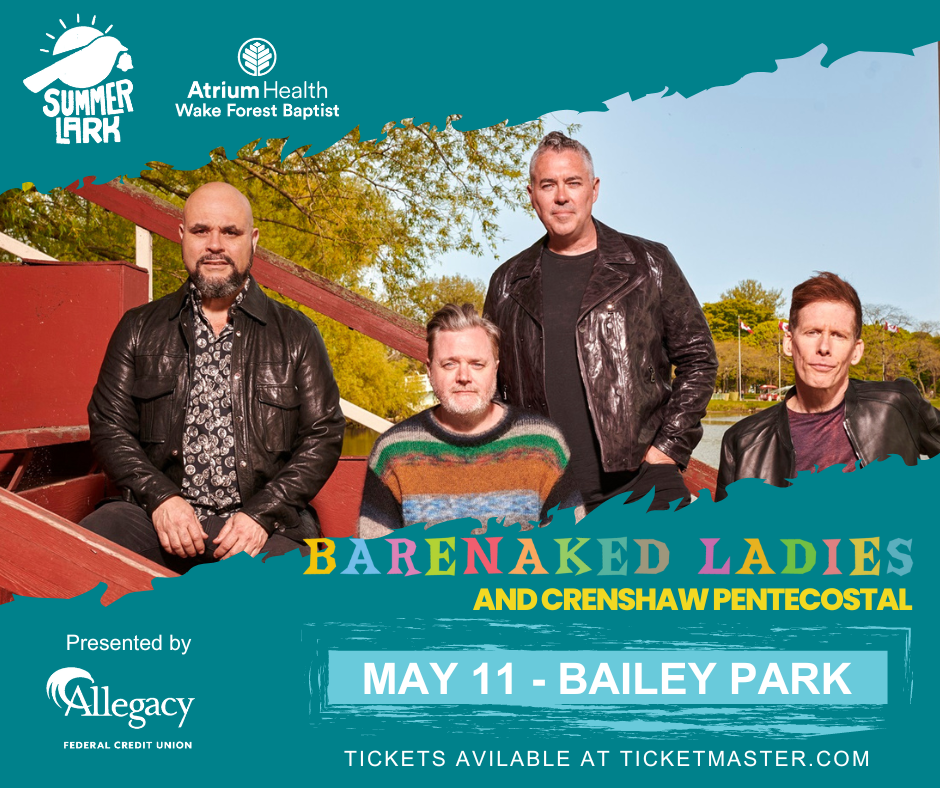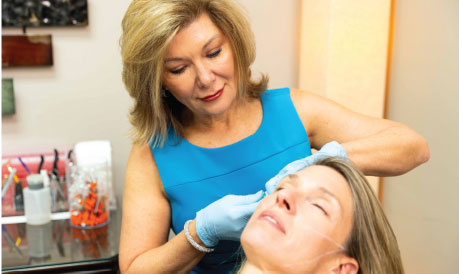BY JENNIFER KOENIG/SARAH FEDELE
Many people are aware that they should know their blood pressure numbers, but few know why it is important and how it can impact their lives. Winston-Salem resident Cassandra Capers has seen the impact of blood pressure on her family and has experienced it first-hand.
In 2015, Cassandra went to the hospital for a severe headache, ear ache, and neck pain. Her blood pressure was above 190/106, well above the recommended 120/80.
“I was given shots, monitored and then sent home,” shared Cassandra. “I still didn’t feel right. I just knew that something was still wrong and that I needed to go back.” When she visited the doctor the next day, her doctors gave her high blood pressure pills to bring her levels down quickly because she was in the “stroke zone.” The next day, her pain was at an all-time high. Cassandra went back to the emergency room where she spent 11 days in the hospital and was put on 13 different medicines to try and manage her high blood pressure.
Now, Cassandra is exercising and watching what she eats. She also checks her blood pressure several times a day to ensure she always knows her numbers. “After making some heart-healthy lifestyle changes and keeping track of my blood pressure, I’ve been able to greatly reduce my blood pressure medications,” said Cassandra.
Cassandra also encourages her three children and four grandchildren to check their blood pressure and to have yearly echocardiograms to head off heart disease in their future. She has sound reasons to back up that statement.
“In 1985, I started to experience shortness of breath and chest pains that woke me up at night. I also had horrible migraines that could last up to a week,” recalled Cassandra. She was diagnosed in 1999 with hypertrophic cardiomyopathy and underwent surgery in 2001 at Novant Health Forsyth Medical Center, which involved shaving the heart muscle and inserting a mechanical valve. As a heart disease survivor and an American Heart Association 2018 Forsyth County Go Red Woman, she will be sharing her personal story throughout the year to help other women prevent and fight high blood pressure and heart disease.
Cassandra’s family history told a story of untreated high blood pressure and risk for stroke. Cassandra’s mother, Verdell E. Price, had several mini-strokes and three major strokes. These strokes affected her speech, left her partially paralyzed and caused her to suffer from neurological dysfunction. “Because of her high blood pressure and the strokes, her quality of life was severely impacted,” shared Cassandra.
“My grandfather, Eunic J. Epps, suffered from untreated high blood pressure which led to mini-strokes and a hemorrhagic stroke, which is bleeding in the brain, ending his life at 93 years old,” said Cassandra.
Her youngest brother, Horace J. Price, also had a severe stroke in 2016 that left him partially paralyzed on his left side, affected his speech and caused him to have early stages of dementia.
High blood pressure is often called a silent killer because it doesn’t always have outward symptoms. When untreated, it can quietly damage your heart, lungs, blood vessels, brain, and kidneys. Knowing your family history of high blood pressure, checking your blood pressure often, and tracking your blood pressure can help you to manage your blood pressure and prevent heart disease and stroke.
The American Heart Association and Forsyth County Life are why sponsor Novant Health has joined together to focus on making a community impact in the blood pressure of Forsyth County residents this year. The goal of engaging 5,000 people with Check. Change. Control.in Forsyth County will have a significant impact on the health of our community. The focus of the program includes developing positive self-monitoring habits, sharing tools and tips to improve blood pressure, and reducing this risk factor for heart disease and stroke by dropping BP levels to a healthy 120/80.
Get your blood pressure checked today and track your BP for free at heart.org/CheckItTriad. Use code: CCCNH to get personalized tips on how to better control your BP.





















